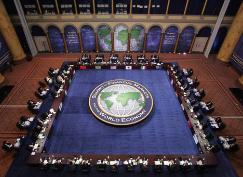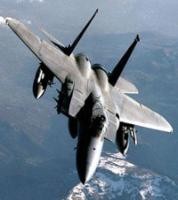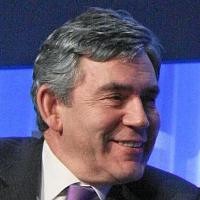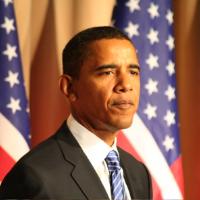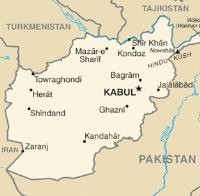
TORONTO — Major media organizations operate as devout, if secular, institutions. Think of churches, mosques and temples, stripped of their religious content. What remains is the faith, however, both in the mission of journalism and the audience’s ability to appreciate it. This belief system is often accompanied by heavy doses of public sanctimony. Consider the approach of these organizations when confronted with the abduction of their own correspondents. The Canadian Broadcasting Corporation (CBC), upon learning that Mellissa Fung had been snatched in Afghanistan, requested an embargo on information from all Western media outlets in the country. The corporation, citing advice […]


